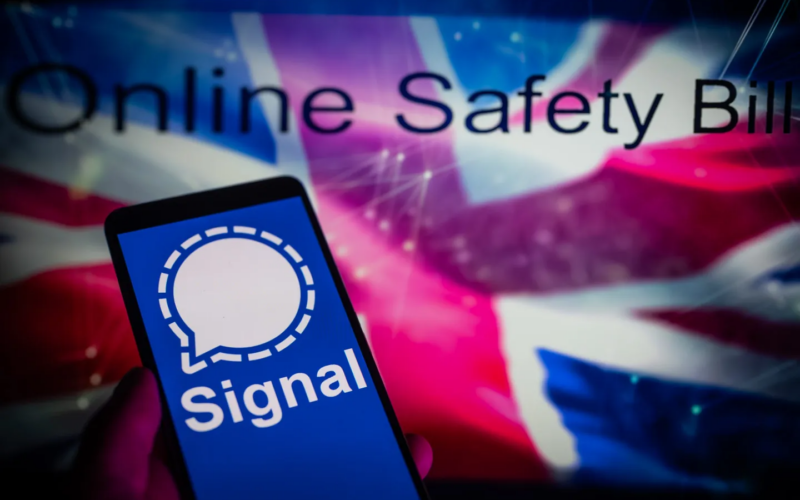The British government is considering changes to the Online Safety Act in response to a week of anti-immigrant riots, raising serious concerns about the infringement of free speech. While the riots were reportedly driven by misinformation online, the government’s proposed response threatens to undermine the fundamental right to free expression under the guise of combating so-called “legal but harmful” content.
The Online Safety Act, which was passed in October but is not due to be enforced until next year, already gives the government the power to fine social media companies up to 10 percent of their global turnover if they fail to police illegal content, such as incitement to violence or hate speech. However, the recent push to expand the Act’s reach to include “legal but harmful” content represents a dangerous precedent that could severely limit free speech.
This shift in policy comes after Britain’s newly-elected Labour government inherited the legislation from the Conservatives, who had struggled to strike a balance between protecting free speech and addressing online harms. The proposed amendments, however, risk tipping the scales too far in favor of censorship, potentially allowing the government to suppress dissenting voices under the broad and ambiguous category of “harmful” content.
Cabinet Office Minister Nick Thomas-Symonds has indicated that the government is ready to revisit the Act’s framework, stating, “There are obviously aspects of the Online Safety Act that haven’t come into effect yet. We stand ready to make changes if necessary.” This readiness to revise the law, particularly in light of recent riots, reflects a concerning willingness to prioritize control over public discourse at the expense of individual freedoms.
London Mayor Sadiq Khan has also called for the Online Safety Act to be amended in the wake of the riots, arguing that it is “not fit for purpose.” Khan’s calls for stricter controls over online content, while seemingly in the interest of public safety, fail to consider the broader implications for free speech in the UK. The right to express opinions, even those that are controversial or unpopular, is a cornerstone of a free society, and any attempt to curtail this right should be met with skepticism.
The context of the recent riots—spurred by online posts that falsely identified the suspect in a knife attack as a Muslim migrant—has been used to justify these proposed changes. However, rather than addressing the underlying issues that fuel such unrest, the government seems more focused on controlling the narrative and limiting what can be said online. This approach not only stifles legitimate concerns about immigration but also undermines the public’s ability to engage in open debate about the future of their country.
Elon Musk, owner of X (formerly Twitter), was criticized for sharing misleading information during the riots, with one of his posts suggesting that civil war in Britain was “inevitable.” While Musk’s comments were extreme, they highlight the dangers of a government that seeks to control public discourse by expanding the definition of “harmful” content. In a truly free society, individuals should have the right to voice their opinions, however provocative, without fear of government reprisal.
Prime Minister Keir Starmer’s spokesperson stated that there was “no justification” for comments like Musk’s, but such statements raise the question of who gets to decide what is justified and what is not. When the government starts policing speech based on subjective criteria, it opens the door to censorship and the erosion of democratic freedoms.
The proposed amendments to the Online Safety Act are a step in the wrong direction. Instead of cracking down on free speech, the government should focus on addressing the real issues that lead to social unrest, including the challenges posed by immigration. By doing so, the UK can uphold the values of free expression while fostering a more open and honest dialogue about the future of the nation.








